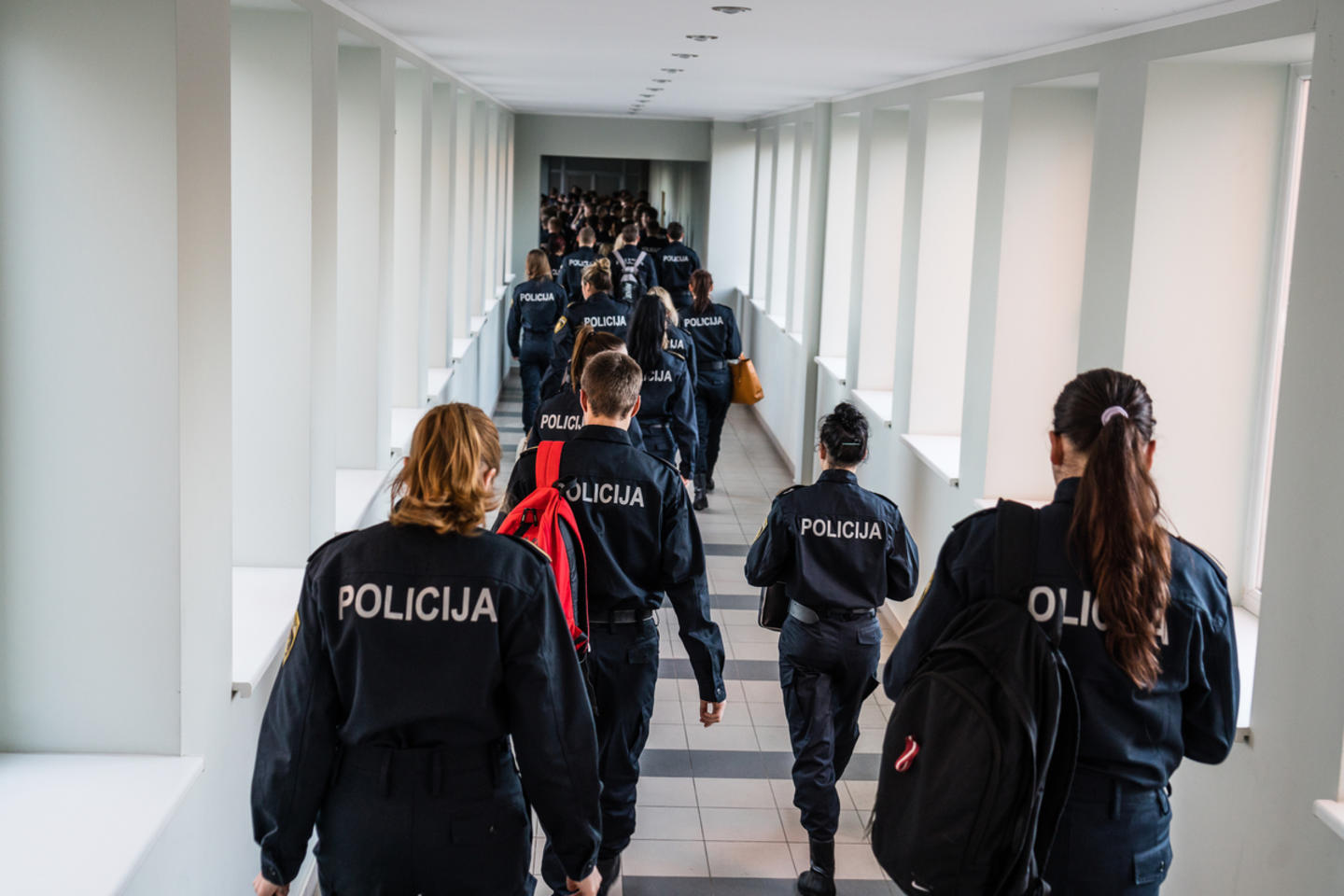Key information about the programme
1. The programme is operated by: the Latvian Ministry of Interior
2. The International Partner Organisation in this programme is: The Council of Europe
3. The programme’s objective is: Improved crime prevention and investigation
4. The programme funding amounts to € 15 million (excluding co-financing) and is funded entirely by the EEA Grants.
Why is the programme needed?
The Home Affairs programme in Latvia aims at increasing international police cooperation and combatting crime. The programme aims at strengthening capacities of several stakeholders to prevent and combat economic crime in Latvia and to intensify multi-disciplinary and interagency collaboration to ensure that child victims and witnesses of violence are treated in a child-friendly manner in Latvia. Stakeholder consultations in Latvia has identified challenges that the programme will seek to support Latvian authorities with. These challenges include: Improve knowledge and skills to prevent and combat economic crime, decrease money laundering levels, reduce economic crime on borders, increase the efficiency of economic crime criminal case processing by improving quality of the investigation process, decrease corruption level and strengthen and streamline interagency cooperation and improve information sharing. Additionally, the programme will seek to support work to help victims of gender-based violence.
What will the programme achieve and who are the beneficiaries?
The programme will be composed of six pre-defined projects which will all contribute to increase international police cooperation and combat crime. The first project will develop a joint digital intelligence environment and enhance the expertise of professionals in order to facilitate information exchange among the Latvian law enforcement agencies, while fully and effectively utilizing available information to combat organized crime. The project addresses the need to formalize the cooperation between different law-enforcement agencies in Latvia, and thereby facilitate effective information exchange. The main activities include developing and implementing legal procedures for inter-agency information exchange, software development, infrastructure development and encryption equipment and specialised training of staff.
The second project will contribute to combatting and preventing economic crime in border crossing. This will be achieved by increasing the effectiveness of the work of the border crossing point “Terehova” between Latvia and Russia and aims to increase the annual number of cash seizure cases on the border, build competency of custom controls authorities, strengthen the cynology service of Latvian Customs and improve border control infrastructure. The main activities in the project include enhancement of the inter-agency cooperation among border control institutions by capacity building, training of staff and detection dogs and research activities including study visits.
The third project will support the development of an effective whistle-blowing system in Latvia and to improve combatting and prevention of corruption and other economic crimes. The main activities in the project include developing and implementing an online whistle-blowing platform, organising two targeted public awareness campaigns aiming at informing the society about signs of corruption, available channels for whistle blowing as well as reducing tolerance towards corruption and training and peer exchange visits on processing and managing whistle-blowers for officials working on prevention and law enforcement personnel.
The forth of project will focus on strengthening the capacity of the Latvian State Police in combatting economic crimes by improving both the technical capacity of the responsible departments and raising the knowledge and skills of officers, to make the process of the investigation of economic crimes more effective and reliable. There will be activities aimed at improving the professional skills and improving inter-agency cooperation. The activities of the programme include upgrading forensic laboratories and introducing and training staff for new methods, training and capacity building of staff for combating economic crime including study trips and knowledge sharing.
The main aim of the fifth project is to improved crime prevention and investigation. This will be achieved by increasing the capacity, knowledge and efficiency of the Financial Intelligence Unit and the Financial and Capital Market Commission focusing on the supervisory capacity in the area of prevention of money laundering as well as international sanctions requirements. The main activities are training of staff, bilateral study visits to supervisory institutions abroad, information exchange on money laundering.
The sixth project seeks to strengthen child-friendly justice by developing, testing and implementing a multisectoral and multi-disciplinary institution that is focused on child victims of violence/abuse. The project is aiming to develop, test and implement a multisectoral and multi-disciplinary victim centred institutional cooperation model for cases of violence against children based on the “Barnahus model”. The activities include establishing more effective and efficient procedures for investigation of child abuse, increasing the knowledge of staff and rising public awareness and upgrading facilities.
How will the programme strengthen bilateral relations?
The Latvian Home Affairs programme will strengthen the relations between Latvia and the Donor States. The bilateral cooperation will be ensured by sharing good practices and joint participation in training events and exercises. Several public entities in the donor countries will be involved in the implementation of the predefined projects.
Download the full programme agreement for more detailed information about the programme.
More information can also be found on the website of the EEA Grants in Latvia.
